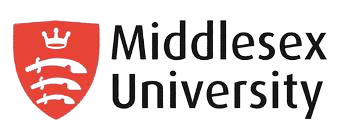Clinical biochemistry is the study of the chemistry of the human body and how it is affected by disease. It's a fascinating subject which combines expert theoretical knowledge with practical skills to help with the diagnosis and treatment of everything from endocrine disorders to antenatal complications. Whether you're working in a hospital laboratory or researching new treatments, you'll be doing vital, rewarding work which will improve and very often save lives.
Why study MSc Biomedical Science (Clinical Biochemistry) at Middlesex University?
This course is designed to enable you to build up strong laboratory and diagnostic skills. This is built around a practical element, with an emphasis on developing these skills. Where possible, you will be able to study and learn without the University's specialist laboratories. This will be augmented through the use of sophisticated virtual laboratory simulation. You'll also learn how to use cutting-edge equipment such as MALDI-TOF mass spectrometers and flow cytometers.
The Biomedical Science courses at Middlesex have a burgeoning international reputation and the University's strong links with London hospitals, NHS laboratories and other universities and industrial partners ensures that you will be studying the latest developments, practices and research. Our Centre for Investigative and Diagnostic Oncology has pioneered techniques for cancer diagnosis and treatment, including our breakthrough in the development of a vaccine for bladder cancer.
Course highlights
- All our teaching staff are involved in research and many are pioneers in their own field
- Our location gives you easy access to the British Library, the Science Museum, the Royal Institution and more
- As a student of this course you'll receive a free electronic textbook for every module.














